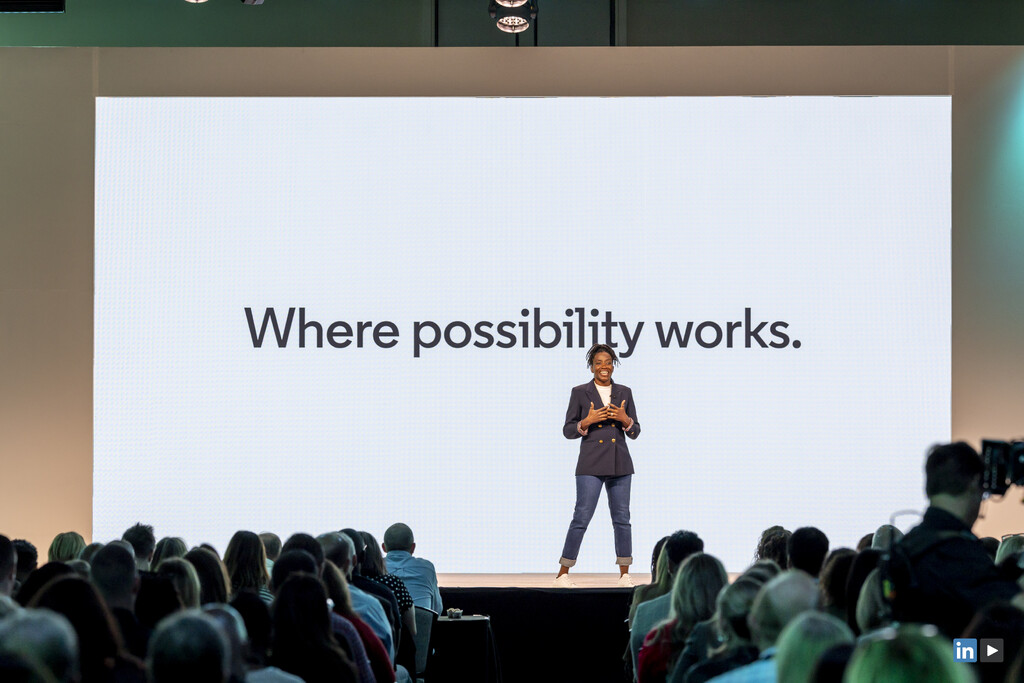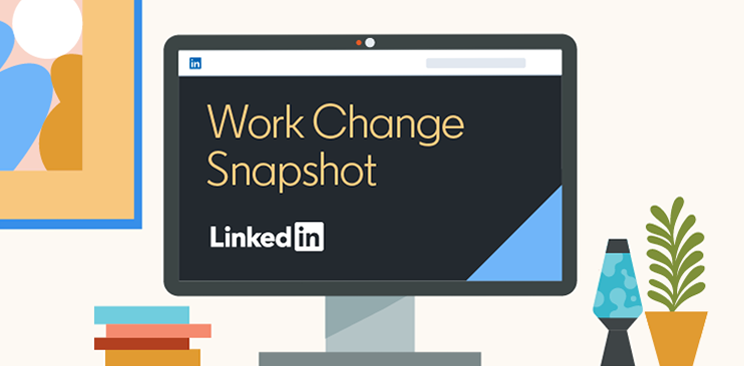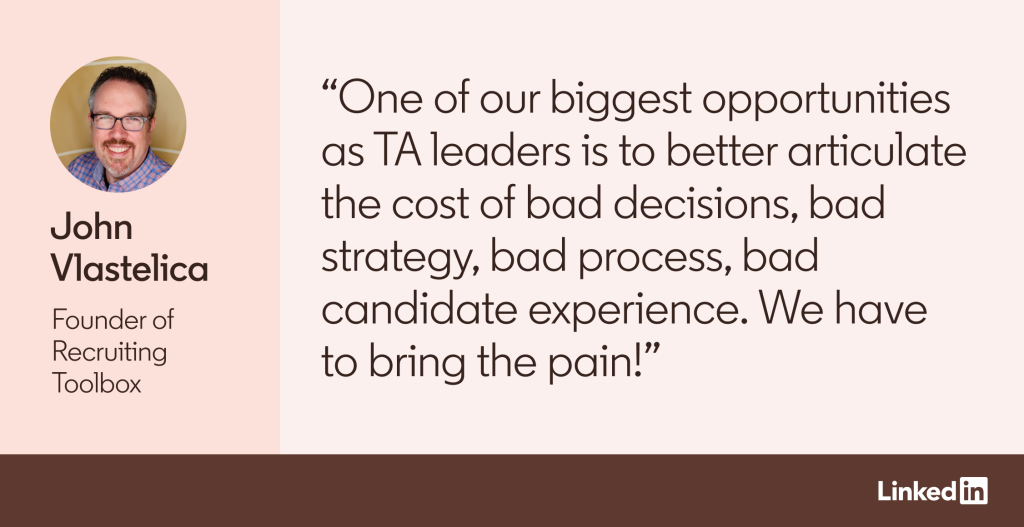Want to increase referrals, broaden your candidate pipeline, and up your employer branding game? Then follow the example of companies such as McKinsey, Boston Consulting Group, and LinkedIn, all of whom offer alumni network programs.
Alumni programs — which allow organizations to stay connected to former employees through company updates, in-person or virtual events, and continuing career services — can be a big boon for recruiters. According to a 2023 EnterpriseAlumni report, a well-designed alumni program can generate as many as 17% of all hires. The same report found that former employees and referrals are the No. 1 and No. 3 quality sources of hires.
If your organization doesn’t already have an alumni program — or the one they have could be stronger — check out these four reasons why staying engaged with former employees may be your best bet for finding your next employee.
1. A strong alumni program signals to candidates that your company cares about its people
When candidates research a company, they usually want to know: How does this organization treat its employees? A vibrant alumni community and welcoming company culture can signal that your organization is well-liked and cares for its people. And when alumni programs offer the prospect of continued lifelong career guidance, your company will be only more appealing to candidates.
A recent study from the University of British Columbia found that when companies include information in recruiting materials about how they support alumni, it increases the number of job seekers interested in learning more about the organization or potentially applying for a job.
2. A happy alum is a walking advertisement for the company
Alumni programs can be a big boost for employer branding. Why? Because when employees leave on good terms and continue to feel supported by the organization, they become brand ambassadors. They actively talk about your company in a positive way and continue to sing your praises to the outside world.
To leave departing employees with the best impression, it’s important to design your offboarding process carefully. You can do this by assisting employees with their transition, setting them up for future success, and staying in touch through an alumni program.
Some of the best ways to stay in touch are through virtual or in-person events or speakers series, particularly ones focused on professional development. At the height of the pandemic, for example, Boston Consulting Group invited alumni to a virtual town hall to learn about managing through a global crisis. McKinsey, meanwhile, runs a series called Alumni Voices, in which former employees speak about their current business or area of interest, highlighting alumni successes.
3. Former employees are a great source for referrals
Employees who are active in alumni programs or stay connected to the company are also more likely to act as sources for referrals.That’s how Akanksha Medatwal, who lives in Bangalore, found her job as a data and business intelligence associate at LinkedIn.
Akanksha was a friend and former colleague of Nandini Menon, who worked at LinkedIn as a decision scientist from 2019 to 2021. After leaving the company, Nandini stayed in close contact with her former colleagues and when she learned that a position was opening up on the team, she suggested Akanksha. Nandini knew that Akanksha’s skills would be a good fit.
But just as importantly, Akanksha could ask Nandini about her experience at LinkedIn. “She told me about the people, the managers, the team, and the senior manager, and said they were the best managers you could get,” Akanksha says. “I was looking for someplace where people would be supportive and willing to help you grow.” Based on Nandini’s reviews, Akanksha applied for the job. She joined the company in September of 2021.
Referrals like this are so important that some companies, such as Deloitte, offer cash rewards to former employees who suggest a candidate who becomes a successful hire.
4. Alumni programs can propel contract workers and boomerangs back into the company
If you’re trying to find just the right person for gig or contract work, what better place to look than your alumni? Booz Allen Hamilton does this, using its database of former employees to fill short-term and project-based gigs, while Chevron offers its Bridges program, which allows alumni to sign up for contract assignments and consulting jobs.
But alumni programs can also be a great way to bring boomerangs back to the company. That was the case for Sarah Alpern, who lives in the San Francisco Bay Area and worked as a product designer for LinkedIn from 2007 to 2013.
After leaving LinkedIn to join a startup, Sarah remained active in the company’s alumni program. She attended alumni dinners at LinkedIn’s Mountain View campus, where Reid Hoffman — one of the company’s founders — mingled and spoke to the crowd. “He was there meeting and greeting,” Sarah says, “and talking about why he feels that investing in alumni networks is important.” She loved connecting with people she had known at the company and was inspired by Reid’s messages, which reminded her “of how important the company’s mission is and how much it still resonated with me.”
She also stayed in touch with her former LinkedIn manager, who mentored her and kept the door open for her to come back. When Sarah decided she was ready to make a change, in 2016, he helped her find a role in the company, again — this time as a leader in the design team.
Sarah’s story points to one of the clearest signals that your alumni network is paying off: by the number of former employees you rehire. Boomerangs are often a great hire because it costs less to recruit them and they already know your culture. They also have a 44% higher retention rate than non-boomerang hires, over three years.
Final thoughts: An alumni program can boost your business
Currently, 98% of Fortune 500 companies have some form of alumni program. While these programs may seem like a generous parting gesture, they also make business sense. Alumni often stay in the same industry, and relationships with them can create new business opportunities and relationships. Companies that actively engage their alumni have been shown to increase their net new business by up to 44%.
The hiring advantages, likewise, speak for themselves. Consider Sarah Alpern’s story. “The main thing for me,” she says, “was that LinkedIn attracts really good, smart, mission-driven people, and the ability to stay connected with them was invaluable. Whether you boomerang back to the company or get your next gig, the alumni network is very powerful.”










